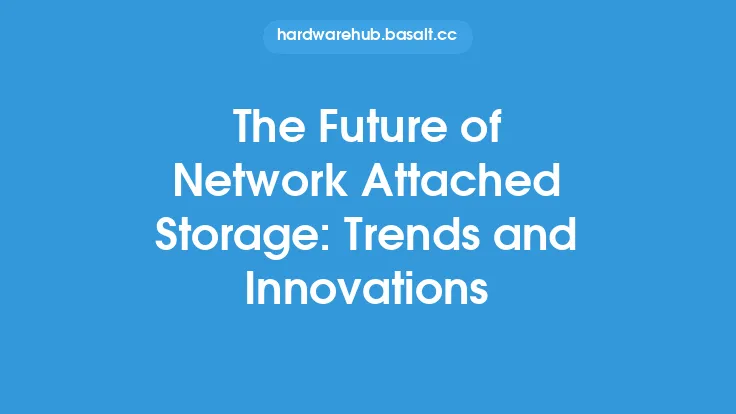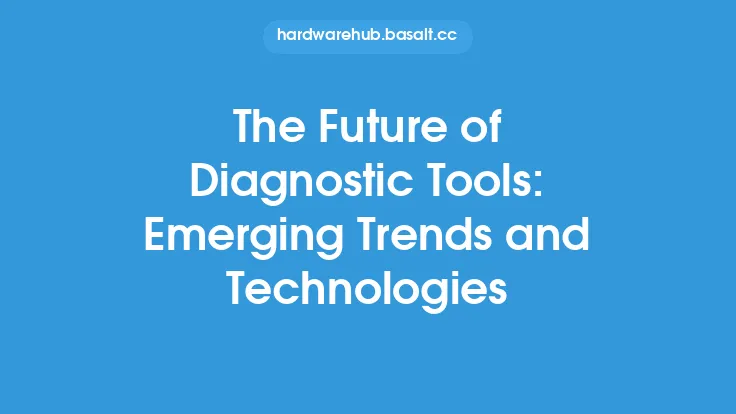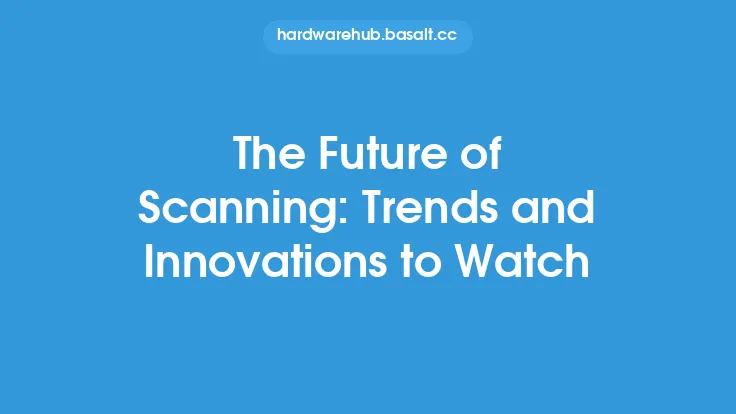The cloud storage landscape is undergoing a significant transformation, driven by advances in technology, changing user needs, and the evolving threat landscape. As we look to the future, several trends and predictions are emerging that will shape the cloud storage industry. In this article, we will delve into the key developments that will influence the future of cloud storage, including the increasing adoption of hybrid and multi-cloud strategies, the growing importance of artificial intelligence and machine learning, and the need for enhanced security and compliance measures.
Cloud Storage Trends
One of the primary trends in cloud storage is the shift towards hybrid and multi-cloud strategies. As organizations become increasingly dependent on cloud services, they are recognizing the need to distribute their data and applications across multiple cloud providers to ensure flexibility, scalability, and reliability. This approach enables businesses to avoid vendor lock-in, optimize costs, and improve performance. Hybrid cloud storage solutions, which combine on-premises and cloud-based storage, are also gaining traction, as they offer a balance between control, security, and scalability.
Artificial Intelligence and Machine Learning
Artificial intelligence (AI) and machine learning (ML) are being increasingly integrated into cloud storage solutions to enhance data management, security, and analytics. AI-powered cloud storage systems can automatically classify, categorize, and prioritize data, making it easier to manage and retrieve. ML algorithms can also be used to detect anomalies, predict storage needs, and optimize data placement. Furthermore, AI-driven data analytics can provide valuable insights into data usage patterns, helping organizations to make informed decisions about their cloud storage strategies.
Security and Compliance
As cloud storage becomes more ubiquitous, security and compliance are becoming major concerns. The increasing number of high-profile data breaches and cyberattacks has highlighted the need for robust security measures to protect cloud-stored data. Cloud storage providers are responding by implementing advanced security features, such as encryption, access controls, and threat detection. Additionally, compliance with regulatory requirements, such as GDPR, HIPAA, and PCI-DSS, is becoming a top priority for organizations using cloud storage. To address these concerns, cloud storage providers are developing solutions that meet specific compliance requirements, ensuring that sensitive data is handled and stored in accordance with relevant regulations.
Edge Computing and IoT
The proliferation of Internet of Things (IoT) devices and the growing demand for real-time data processing are driving the adoption of edge computing in cloud storage. Edge computing involves processing data at the edge of the network, closer to the source of the data, to reduce latency and improve performance. Cloud storage providers are integrating edge computing capabilities into their solutions, enabling organizations to process and analyze data in real-time, and reducing the need for data to be transmitted to centralized cloud storage facilities.
Quantum Computing and Cloud Storage
The emergence of quantum computing is set to have a significant impact on cloud storage. Quantum computers have the potential to break current encryption algorithms, compromising the security of cloud-stored data. To address this threat, cloud storage providers are developing quantum-resistant encryption methods, such as lattice-based cryptography and code-based cryptography. Additionally, quantum computing will enable faster data processing and analysis, making it possible to extract insights from large datasets more quickly and efficiently.
Object Storage and Unstructured Data
The growth of unstructured data, such as videos, images, and social media posts, is driving the adoption of object storage in cloud storage solutions. Object storage is designed to handle large amounts of unstructured data, providing a scalable and flexible way to store and manage data. Cloud storage providers are developing object storage solutions that offer advanced features, such as metadata management, data deduplication, and compression, to optimize storage efficiency and reduce costs.
Conclusion
The future of cloud storage is shaped by a combination of technological advancements, changing user needs, and evolving security threats. As organizations continue to adopt cloud storage solutions, they must be aware of the trends and predictions that will influence the industry. By understanding the importance of hybrid and multi-cloud strategies, AI and ML, security and compliance, edge computing, quantum computing, and object storage, businesses can make informed decisions about their cloud storage strategies and ensure that their data is stored, managed, and protected effectively. As the cloud storage landscape continues to evolve, it is essential to stay informed about the latest developments and advancements to maximize the benefits of cloud storage and minimize the risks.





